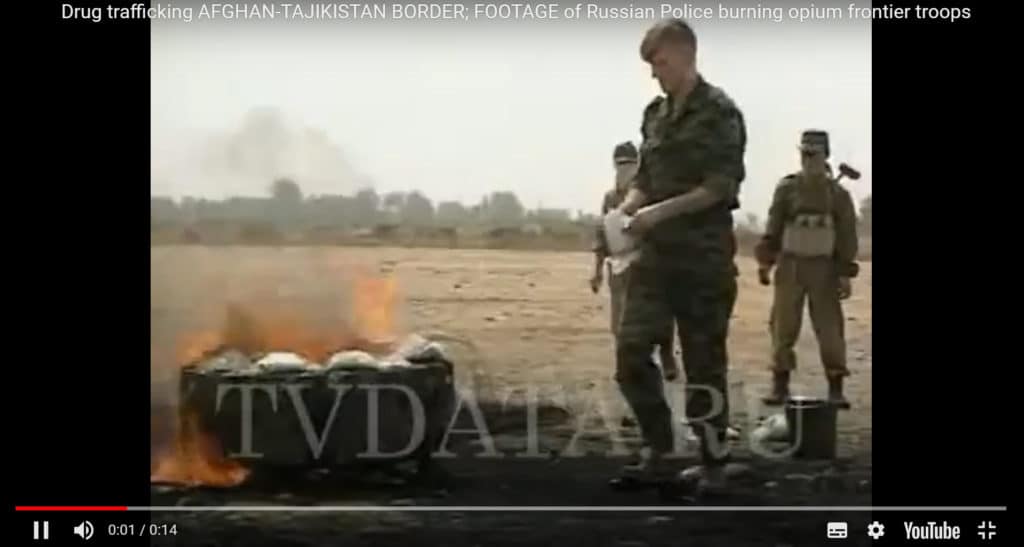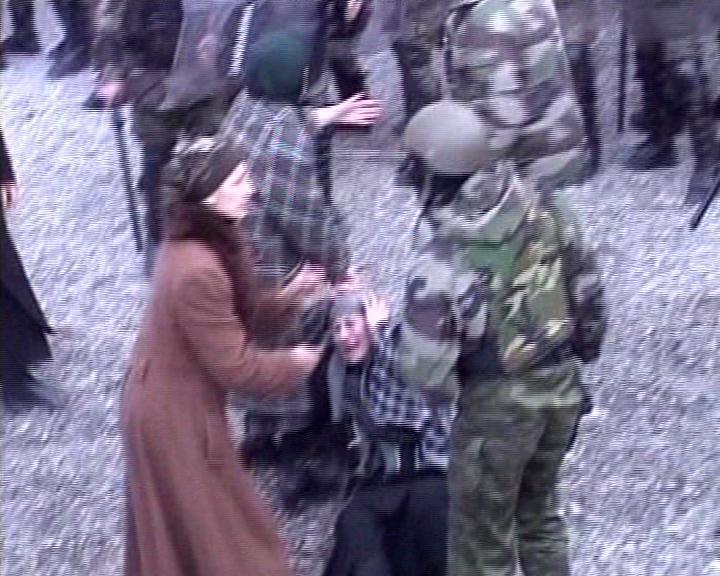In an ambitious move to quell the sprawling black market for vodka and alleviate Russia’s $3 billion labor force debt, President Boris N. Yeltsin announced plans to double vodka taxes and reclaim state control over its production and sales in 1997. Despite the mounting health crisis related to excessive vodka consumption and its cultural ubiquity, the government primarily focused on fiscal benefits rather than health implications. The endeavor, however, stood as a herculean challenge due to vodka’s deep-rooted place in Russian society and a resilient black market that continuously fed the nation’s insatiable thirst for this liquor.
The specter of alcohol abuse looms large over Russia, posing what many demographers and politicians fear could be the nation’s greatest threat: a stark and ongoing decline in life expectancy. As per data from the Center for Alcohol Policy, an unsettling truth emerges – half of all Russian men and nearly one-third of the women bear the physical scars of prolonged drinking. In a chilling testament to the pervasive effects of alcohol, the group estimates that half of the nation’s deaths have alcohol to thank, at least in part.
The Alarming Impact of Alcohol Abuse
In the heart of Russia, a battle more intoxicating than the Cold War rages on: Vodka, the nation’s unofficial religion, has become its biggest outlaw. Aged, almost blind, Tamara Chernyshkova, a 63-year-old ex-teacher, stands as a symbol of this illicit industry, selling up to 100 bottles of bootleg vodka daily. As Yeltsin doubles down on taxes and seeks to reclaim state monopoly over vodka production to offset Russia’s $3 billion labor force debt, he faces the towering challenge of a nation that worships this spirit. It’s a testament to Russia’s marketplace chaos, tax system failures, and the alarming health of its citizens. Amidst this intoxicating turmoil, we invite you to witness firsthand through our video footage and reviews the gripping struggle between the government and its people over this potent potion, shedding light on an issue at the heart of Russian culture and economy.





